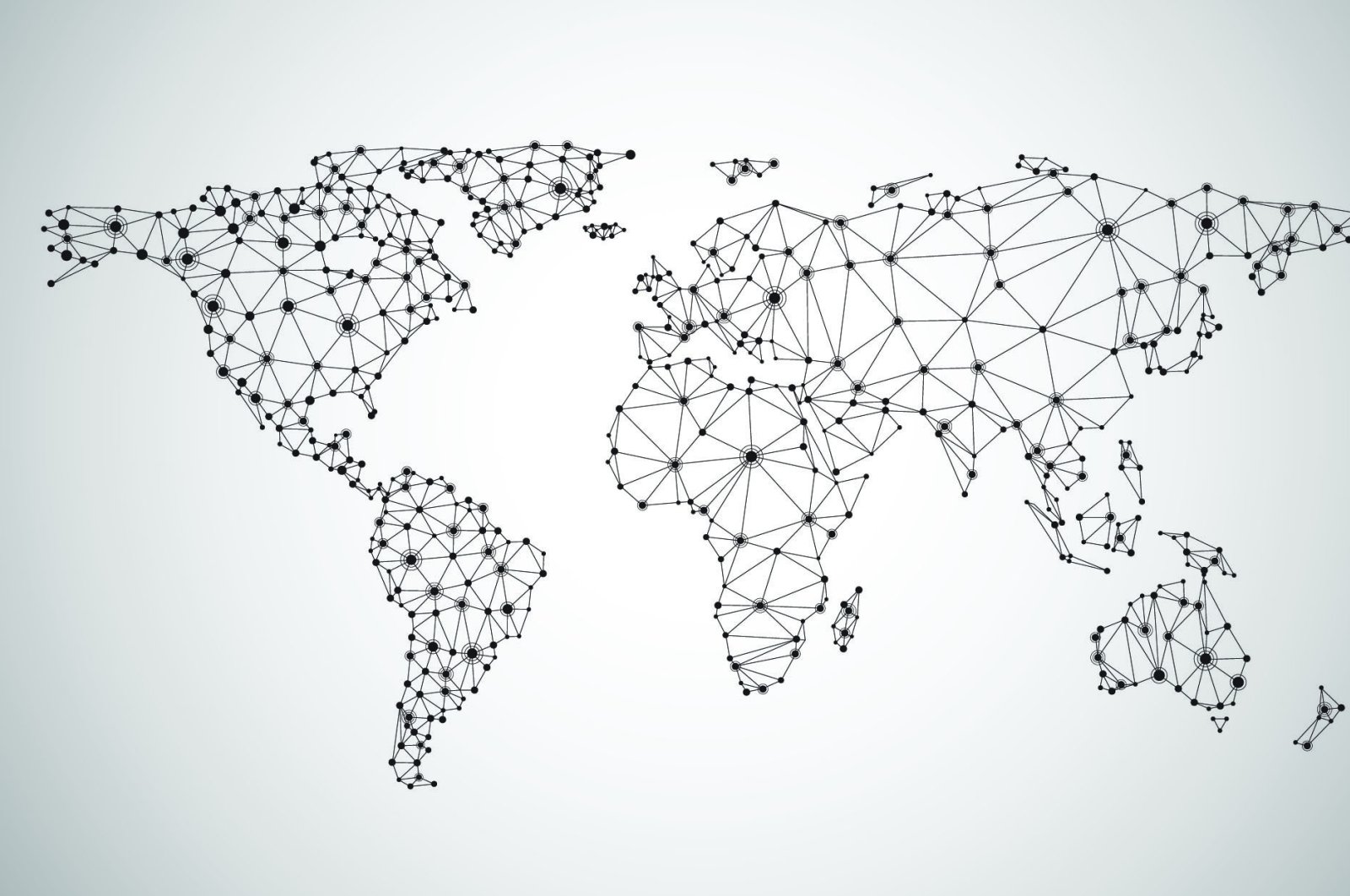www.aljazeerah.info
Opinion Editorials, January 2022
Archives
Mission & Name
Conflict Terminology
Editorials
Gaza Holocaust
Gulf War
Isdood
Islam
News
News Photos
Opinion Editorials
US Foreign Policy (Dr. El-Najjar's Articles)
www.aljazeerah.info
US-NATO-Russia Relations in 2022: The World Is Witnessing a Diplomatic Marathon By Hakki Ocal Daily Sabah, January 17, 2022 |
 |
|
A crooked comma or a full-stop in the annals of something
Turkish poet Nazım Hikmet gives an adversary hell with these verses:
You, in this fight
not even a point
one small, curved comma,
you are a pathetic occasion!
He was to the Turkish language what William Shakespeare was to English. Nazım must have thought that a point, a full stop, is preferable to a crooked comma because the former can do something like terminating an era as it was used in American Gen. and 34th President Dwight Eisenhower’s order to Allied forces on the eve of D-Day, the first day of the invasion of Normandy on June 6, 1944.
The world witnessed a diplomatic marathon last week. First, on Jan. 10, where during the Russia-United States Strategic Stability Dialogue in Geneva, Russian Deputy Foreign Minister Sergei Ryabkov and U.S. Deputy Secretary of State Wendy Sherman led their respective delegations in talks for almost 10 hours. On the next day, the Russian officials visiting the NATO headquarters in Brussels met with NATO Secretary-General Jens Stoltenberg. Finally, on Jan. 13, in a meeting in Vienna, Austria, ambassadors of the Organization for Security and Cooperation in Europe (OSCE), the Russians, Europeans and Americans discussed the international security situation in Europe which, according to the OSCE Chairperson-in-Office and Minister for Foreign Affairs of Poland Zbigniew Rau, was the worst in the last 30 years. All these three talks – if they are going into annals of history or something – are going to be described as “one small, curved comma” that Nazım deemed his adversary to be worthy of.
On the closing days of the year 2021, Russia handed over a written memorandum to the U.S. asking for a legally binding guarantee that NATO would give up any military activity in Eastern Europe and Ukraine. There were other requests in that wish list, such as the removal of U.S. nuclear weapons from Europe and the withdrawal of multinational NATO battalions from Poland and from the Baltic states of Estonia, Latvia and Lithuania, which were once part of the Soviet Union. The short answer from the Biden White House was “No.” However, in the extended version, the U.S. side simply acquiesced that the security guarantees Russia wants, like the placement of missiles and troops, could be negotiated, but NATO would never give up its “Open Door” policy based on Article 10 of the alliance’s founding document, which states that NATO membership is open to any “European state in a position to further the principles of this Treaty and to contribute to the security of the North Atlantic area.”
However, the Russian envoys simply rejected the West’s approach, saying that their Dec. 17 package of proposals was not a random collection of bits and pieces, “but a system to be considered in its entirety.”
I called it posturing, but Greece’s Delphi Institute names what happened last week as “Russia-NATO pirouettes” perhaps because both sides are prima ballerinas and they elegantly whirl about on their toes while spectators cannot notice how their positions changed.
Some analysts suggested Russia’s unrealistic demands were simply a smokescreen to provide a diplomatic distraction to hide its military preparations to invade Ukraine. But France already implied that Russia could be accepted as a NATO member, which would then have a veto power about any further enlargement to the organization. Germany – under Angela Merkel’s management – had already blocked the sale of certain weapon systems to Ukraine, saying only defensive systems should be provided to help Kyiv. Hungary is preventing high-level NATO meetings with Ukraine.
Alon Pinkas of the Israeli Haaretz newspaper explains Putin’s aversion to Russia being surrounded by NATO members by pointing to Russia’s long history of occupations by foreign powers, starting in the 1220s by the Mongols, continuing with the Ottomans’ invasion of Crimea in the 1570s, Poland’s, Sweden’s, Napoleon’s, Japan’s and finally with Germany’s wars on and subjugation of Russia. Pinkas has a hypothetical interview with Russian President Vladimir Putin where he asks why NATO still exists and against which threats; no one can answer that question with a sentence that doesn’t have the word “Russia” in it.
I am sure Merkel used to ask this question herself a lot. But Germany is under a new administration that is ready to jump without asking “How high?”; they already started implementing what Stoltenberg calls “unimaginable prices” that Russia would pay if it invades Ukraine by putting the completed Nord Stream (North European Gas Pipeline) on hold.
The Europeans are now “a pathetic occasion” in the new global design that people at the White House are working on.
A crooked comma or a full-stop in the annals of something | Column (dailysabah.com)
***
Share the link of this article with your facebook friends
|
|
|
|
||
|
||||||


